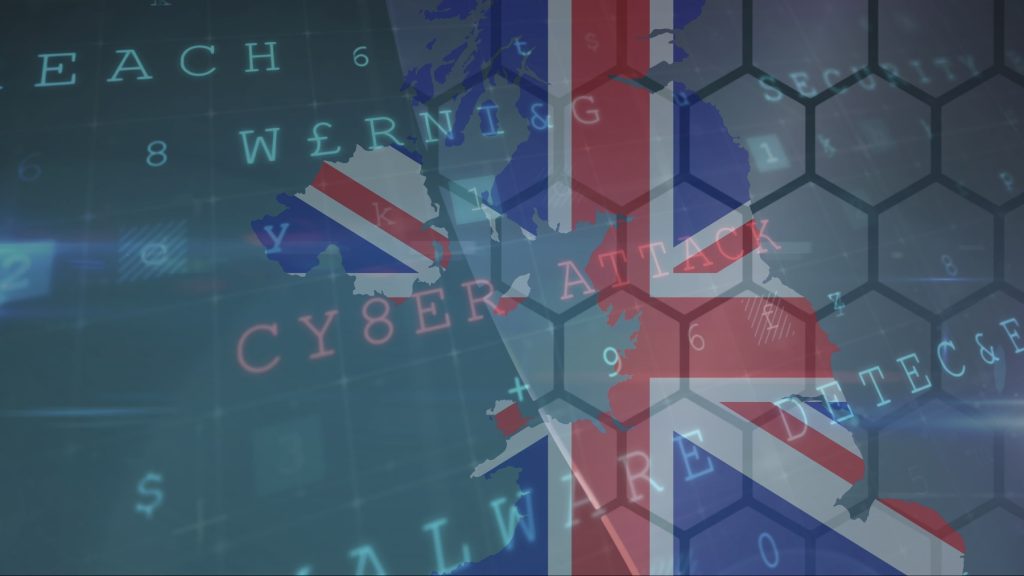
On Thursday, British police launched an investigation into a Wi-Fi hack that caused passengers at the country’s major railway station to receive Islamophobic message when tried to access Wi-Fi services. News mentioned that British police arrested the man who did hack the Wi-Fi without mentioning his identity.
The Wi-Fi system managed by British communications group Telent, was immediately turned off after passengers associated the message to terror attacks.
“We received reports at around 5:03 p.m. (1603 GMT) yesterday (Sept. 25) of a cyberattack displaying Islamophobic messaging on some Network Rail Wi-Fi services,” British Transport Police said.
Tensions have flared in Britain this summer with a wave of anti-Muslim riots across the country following the killing of three young girls, an attack initially falsely blamed on an Islamist migrant because of online misinformation. The police said they were working with Network Rail to investigate the Islamophobic cyber security incident “at pace”.
According to Network Rail, management group of the train hubs and tracks, Wi-Fi was offline all day on Thursday following the incident at 19 stations including London Bridge and London Euston as well as Manchester Piccadilly and Edinburgh Waverly. The management group stated that Wi-Fi network is expected to be restored over the weekend after making sure of security checks to avoid future cyberattacks problems. Till now the government did not mention the Wi-Fi hacking tool or Wi-Fi hacking program used to attempt this Wi-Fi hack.
“As a precaution, Telent temporarily suspended all use of Global Reach services while verifying that no other Telent customers were impacted,” it added.
Final Thoughts
Hack Wi-Fi attempts are reoccurring frequently these days, and they are more common during geopolitical tensions especially with the wars and political tensions that are currently happening in different regions especially the Middle East. Despite the ongoing tension over Islamophobia in Europe, European countries especially the developed ones are the most facing security breaches and Wi-Fi hack problems.
Such developed countries push the world to question where technological investments are going. It is of a huge mistake that countries are not imposing strong security measures and invest in cybersecurity to prevent future potential cyberattacks that may affect citizens despite their backgrounds.
Following this Wi-Fi hack incident, it is obvious that the public and private sectors must join in their efforts for improvement in terms of security protocols. Regular audits besides investments in advanced technologies will bring significant changes in making the defenses from cyber threats very effective. Digital literacy promotion among its citizens in itself is a very potent tool that empowers them to recognize suspicious activities and report them.
All this could be possible by creating a culture able to embrace cybersecurity awareness, whereby society would be in a better position to protect itself against this type of hatred and violence in their digital forms and hence allow public spaces to be secure for all.
Inside Telecom provides you with an extensive list of content covering all aspects of the tech industry. Keep an eye on our Cybersecurity sections to stay informed and up-to-date with our daily articles.